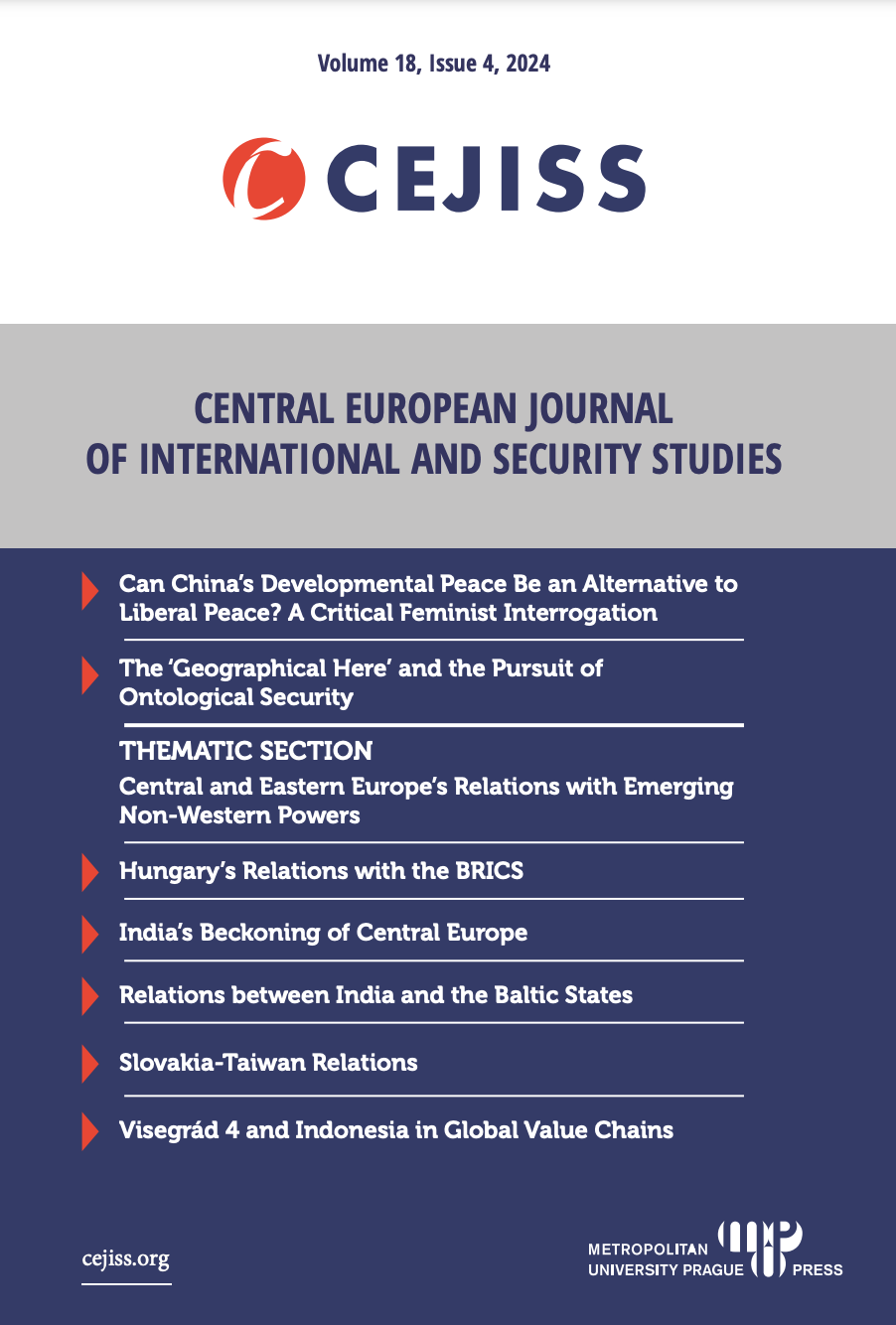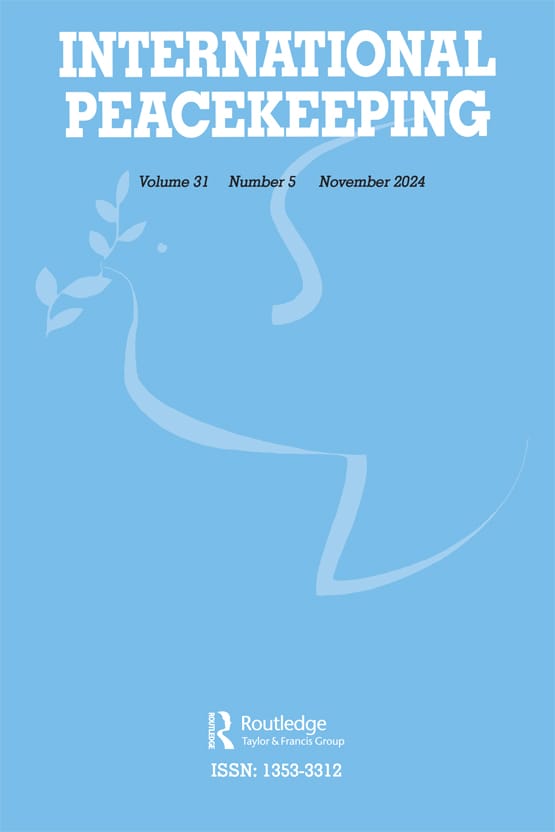Institutional Factors in China’s Norm Contestation in Global Governance: International Regime Complexes of Peacebuilding and Climate Change
Published online in the Pacific Review (25 April 2025)
Why does China challenge global norms in climate governance while selectively accepting norms in peacebuilding governance? We argue that the focus on domestic factors in much existing literature is insufficient to explain this difference. Instead, we propose an outwardlooking approach centered on factors related to international institutions. We conduct a comparative analysis of explanatory factors using a theory of international regime complexity—specifically Henning and Pratt’s framework on the joint effects of authority and differentiation within regime complexes. This analysis utilizes Chinese official documents in English aimed at international audiences. We found that China partially accepts existing norms while proposing alternatives to hierarchical structures in situations where there is a leading institution overseeing similarly functioning institutions. This is the case in peacebuilding governance. In contrast, China largely challenges norms in global governance systems that lack a hierarchical structure and involve institutions with distinct, specialized roles. This is the case for climate governance. We argue that the variation in China’s contestation of global governance norms can be explained by the level of hierarchy and functional differentiation between institutions in each governance regime. The article contributes a new perspective to debates about China’s norm contestation in global governance. Keywords: China, norm contestation, international regime complex, peacebuilding, climate change, regime shifting, regime creation
https://www-tandfonline-com.ezp.sub.su.se/doi/full/10.1080/09512748.2025.2495597#abstract

